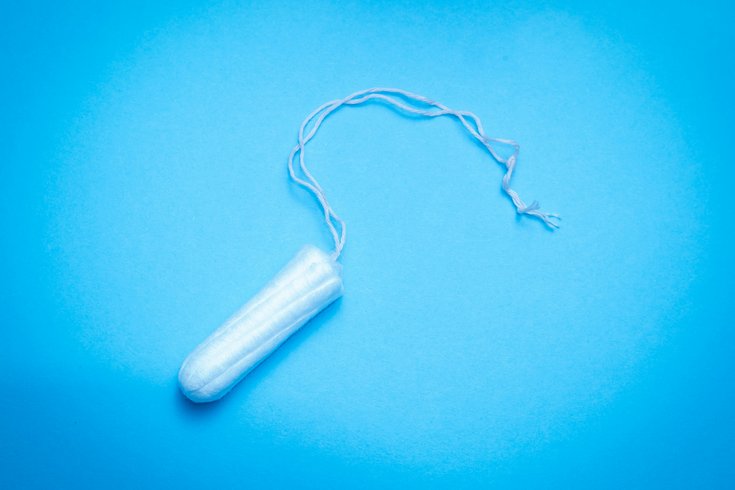
July 08, 2024
 Reproductive Health Supplies Coalition/Unsplash
Reproductive Health Supplies Coalition/Unsplash
Tampons from 14 different brands were found to have concentrations of lead, which is considered toxic, as well as several other metals.
Tampons from many different brands may contain potentially harmful metals, a new study found.
Researchers assessed tampons from 14 different brands and found "measurable concentrations" of all 16 metals that they tested for, according to the study, published last week in the Environment International journal. Metals that are considered toxic, including lead, arsenic and cadmium, were found in some of the tampons.
Exposure to metals has been found to increase the risk of dementia, infertility, diabetes and cancer, according to a news release from the University of California, Berkeley. Metals can also damage the liver, kidneys, brain, fetal development and maternal health. They can also harm the cardiovascular, nervous and endocrine systems.
Tampons can contain metals from agricultural or manufacturing processes. For example, the cotton material could absorb the metals from water, air, soil or a nearby contaminant. Or companies may intentionally add metals during the manufacturing process as part of a pigment or antibacterial agent, according to researchers.
Tampons serve as a "particular concern" when it comes to potential sources of exposure to chemicals and metals, according to UC Berkeley, because the skin of the vagina has a higher potential for chemical absorption. Furthermore, a large portion of the population uses tampons — between 52% and 86% of people in the United States who menstruate use them, usually for hours at a time, according to researchers.
"Despite this large potential for public health concern, very little research has been done to measure chemicals in tampons," Jenni A. Shearston, the lead author of the study and a postdoctoral scholar at the UC Berkeley School of Public Health, said in the release. "To our knowledge, this is the first paper to measure metals in tampons. Concerningly, we found concentrations of all metals we tested for, including toxic metals like arsenic and lead."
In the study, researchers evaluated 30 tampons from 14 different brands for the following 16 metals: arsenic, barium, calcium, cadmium, cobalt, chromium, copper, iron, manganese, mercury, nickel, lead, selenium, strontium, vanadium and zinc. Study authors did not specify which tampon brands they tested, but said that they selected products listed as "top sellers" on a major online retailer as well as "store-brand" products. The products were purchased between September 2022 and March 2023 in New York City; London, England; and Athens, Greece.
Metal concentrations varied based on where the tampons were purchased, whether they were organic, and whether they were store-brand or name-brand products. But metals were present in all types of tampons and no category had consistently lower metal concentrations. Lead was found in all tampons tested, researchers say. Lead concentrations were higher in non-organic tampons, but arsenic was higher in organic tampons, the study found.
The study authors point out that the governing bodies in the the United States, United Kingdom and the European Union — where they purchased tampons for the study — have regulations surrounding tampons that are "not extensive" and they do not require regular product testing. In the United States, the Food and Drug Administration classifies tampons as medical devices and regulates their safety, but there is no requirement to test them for chemical contaminants. The researchers hope the findings of this study will help contribute to change in the industry.
"I really hope that manufacturers are required to test their products for metals, especially for toxic metals," Shearston said. "It would be exciting to see the public call for this, or to ask for better labeling on tampons and other menstrual products."
Follow Franki & PhillyVoice on Twitter: @wordsbyfranki
| @thePhillyVoice
Like us on Facebook: PhillyVoice
Have a news tip? Let us know.